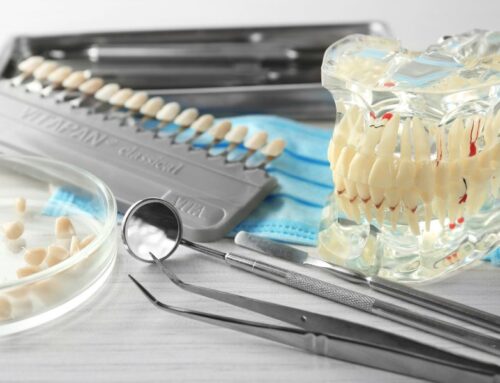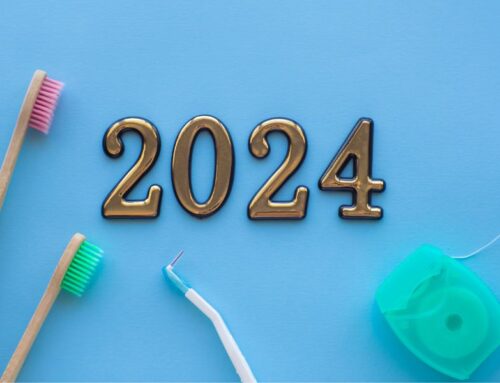A tonsillectomy is one of the most common surgical procedures performed on children in the United States. In fact, while it has since decreased in popularity, more than 1 million tonsillectomies were performed in the United States between 1950 and 1970, primarily on children of ages 1 to 15 – that’s a lot of surgeries in just 20 years!
Despite being a frequently advised procedure, there are potential complications that aren’t always addressed. While common complications of tonsillectomies include ear and neck pain, fever, swelling, etc., many doctors fail to focus on the complications that pertain to nasal breathing. Enter your procedure prepared and informed, thanks to DiGrazia Dentistry in Reno, NV.
Here’s What You Should Know Before Undergoing a Tonsillectomy:
This procedure can significantly impact your airway, and thus hinder your breathing. While the procedure is conducted with the intent of expanding your airway and improving respiration, it is important to follow correct aftercare procedures. Patients who partake in tonsillectomies already experience impaired breathing and sleep patterns, due to their enlarged tonsils. It is important to practice breathing exclusively through your nose following a procedure.
Many patients fail to breathe through their nose at night, putting them at higher risk for a variety of health conditions, and sleep disorders, such as snoring, sleep apnea, and hypopnea. Breathing through the mouth at night can also increase risk of other dental concerns, such as allergies and cavities.
Preventing Sleep Disorders
Following a tonsillectomy, your dentist and ENT should take you through diligent breathing exercises, to ensure that you can expand and clear your lungs and focus breathing just through the nasal passageway. If you are not capable of breathing exclusively through your nose, some healthcare professionals recommend taping your mouth shut while you sleep with a pliable tape. This may sound frightening, but the purpose of this concept is to train nasal breathing via fixing your lips shut. Although it will be difficult at first, this practice will eventually help improve your quality of sleep and overall health.
Nasal Breathing
The benefits of breathing through the nose are extensive. To name a few, nasal breathing can help reduce inflammation, improve sleep, improve memory, and increase immune function. Breathing through your nose helps your lungs efficiently absorb oxygen, as well as activate the lower part of the lungs during deep breathing exercises. Breathing through your nose also serves as an aerobic exercise, to help your lungs function from 80% to 100%.
Evaluate your Airway
If you are concerned about your airway, come and see us today at DiGrazia Dentistry. Whether you or your child underwent a tonsillectomy, we can evaluate your nasal breathing and recommend solutions for sleep disorders, as well as relevant dental concerns. We are located just off Lakeside Drive in Reno, NV.
Our experienced care will treat you with excellent dental service and cutting edge technology. For over 30 years, we have been committed to providing our Reno dental patients with the best dental services possible. Learn more about our services or schedule an appointment today!






